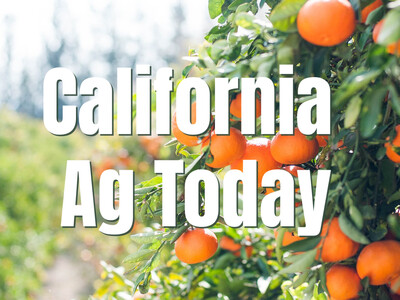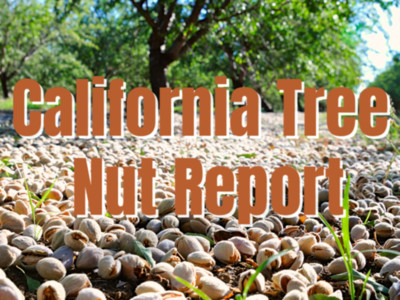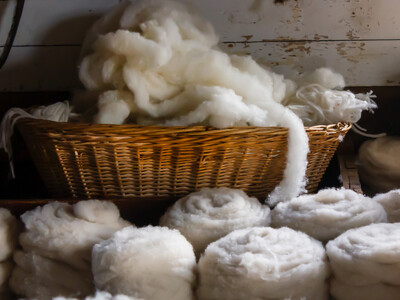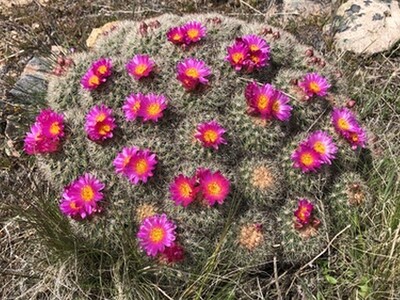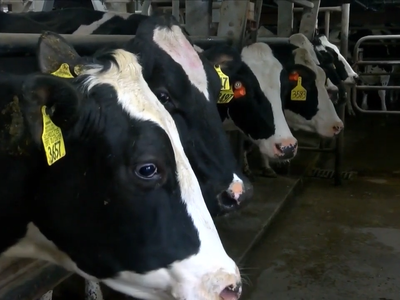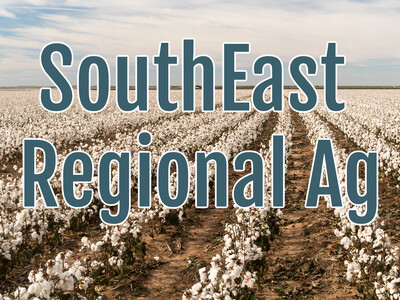Sustainable Systems For High Value Crops

Tim Hammerich
News Reporter
Sometimes scale can lead to new opportunities for sustainable agriculture. Owning larger acreages could allow for multiple cash renters who each specialize in a certain crop and rotate every year. Craig Wichner says that’s why he founded Farmland LP, where they add value by scaling operations and transitioning from conventional farming to organic and regenerative.
Wichner… “How do we get all the benefits of regenerative agriculture, having great crop rotations and the operational efficiency? Our solution was scale. So you just scale up the operation so that 20 percent of the land that's in tomatoes becomes 100 or 200 percent of what a normal tomato farmer's operation would be. So that's where we have 4,000 acres, 6,000 acres. If we're leasing out 400, 500 acres of land is organic tomatoes, and organic farmers absolutely happy with that, especially because they're going to be able to rotate around every year, they're not going to have that monocropping issue over a five-year period. So that's where by bringing organic and regenerative agriculture to it at scale and us managing this farmland essentially as multi-tenant commercial real estate, each one specializing in tomatoes or sweet corn or grains or other crops and us managing that crop rotation, that's where it makes sense. That's where it really creates a lot of value and that's fundamentally expressed in us increasing rents from $300 an acre to $750 an acre.”
Learn more at farmlandlp.com.




